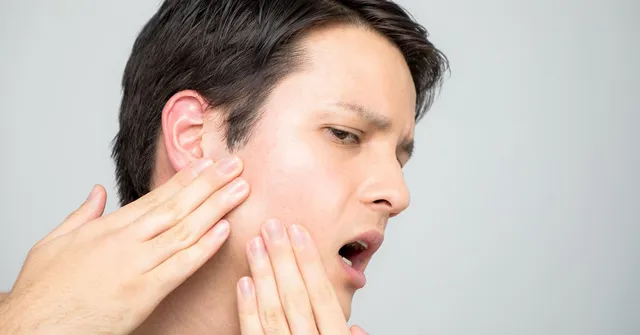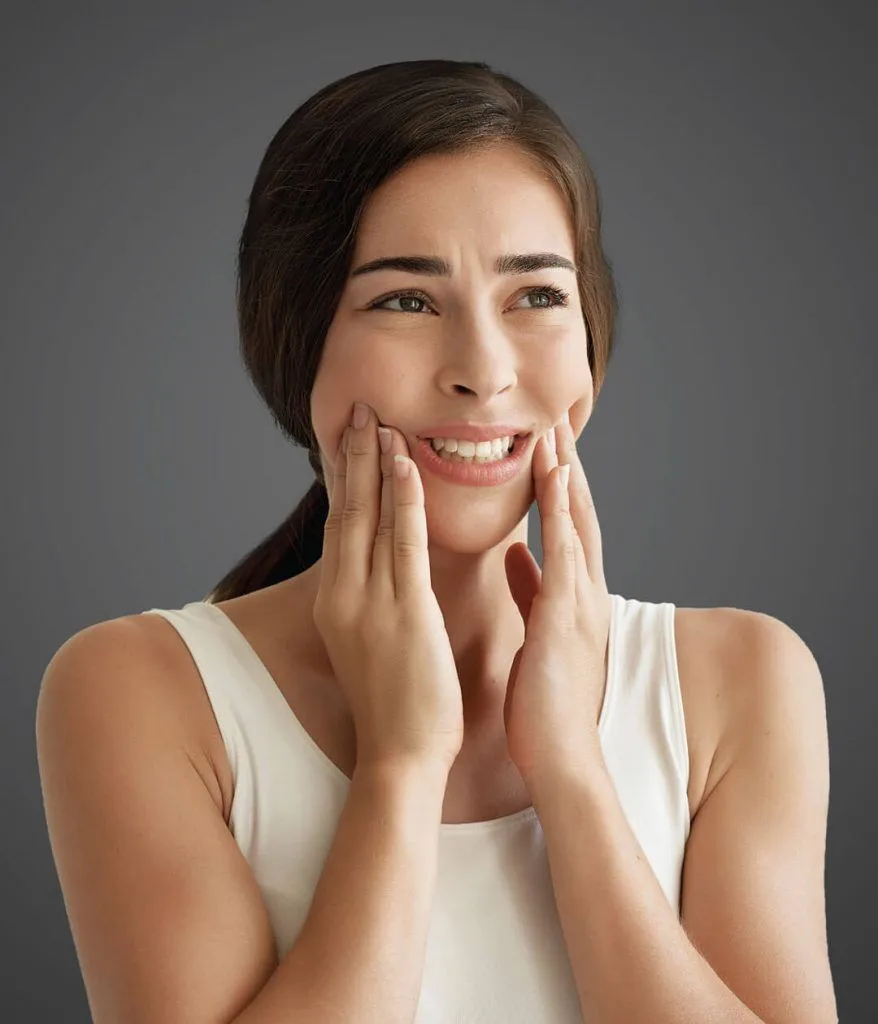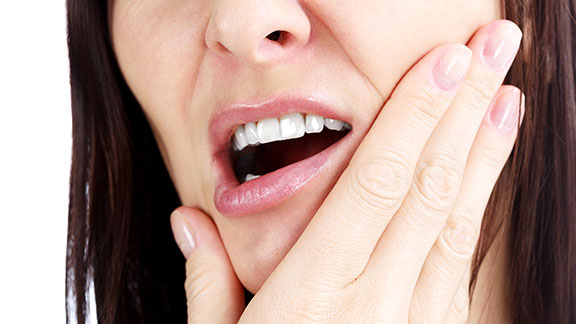TMJ Treatment

TMJ Treatment in Los Angeles, CA
TMJ treatment in Los Angeles, CA, encompasses various strategies to address dysfunction and pain in the temporomandibular joint and surrounding muscles. This includes lifestyle modifications, conservative treatments such as oral appliances or physical therapy, dental interventions like bite adjustments or splints, interventional treatments such as trigger point injections or Botox, and, in severe cases, surgical options like arthrocentesis or arthroscopy. The benefits of TMJ treatment are significant, as it can alleviate symptoms such as jaw pain, clicking or popping noises, difficulty chewing or speaking, headaches, and facial pain, ultimately improving oral function, quality of life, and overall oral health. By addressing TMJ disorder, dentists in Los Angeles, CA can help patients regain comfort, restore jaw function, and prevent long-term complications associated with untreated temporomandibular joint dysfunction.

Common Symptoms and Treatment Options
Common Symptoms of TMJ Disorder
- Jaw pain or tenderness, particularly when chewing or speaking.
- Clicking, popping, or grinding noises when moving the jaw.
- Difficulty opening or closing the mouth thoroughly.
- Jaw stiffness or locking.
- Ear pain or ringing in the ears (tinnitus).
- Headaches, particularly around the temples or behind the eyes.
- Facial pain or tenderness, especially around the jaw joint area.
- Pain or discomfort while chewing or biting.
- Swelling on the side of the face.
- Changes in the alignment of the teeth or how the upper and lower teeth fit together (occlusion).
Treatment Options for TMJ Disorder
Lifestyle adjustments, such as stress management techniques, dietary changes, and maintaining proper posture, play a crucial role in managing TMJ disorder. Conservative treatments focus on non-invasive approaches, including oral appliances like custom-made mouthguards, physical therapy, and medications. Dental treatments aim to address underlying issues with bite adjustments, orthodontic treatment, or dental restorations. For persistent or severe symptoms, interventional treatments such as trigger point injections, Botox, or surgical options may be considered. Contact us today!

The Benefits of TMJ Treatment
- Significant pain relief and improved comfort by addressing underlying causes and alleviating strain on the jaw joint.
- Restoration of proper function, allowing smoother and more comfortable jaw movements for eating, speaking, and daily activities.
- Reduction in muscle tension and stiffness, leading to improved range of motion and flexibility in the jaw and surrounding areas.
- Prevention of dental damage from bruxism through protective measures like mouthguards or dental splints.
- Overall improvement in quality of life by relieving pain, restoring function, and enhancing well-being.
Ready to find relief from TMJ disorder and reclaim control over your oral health? Visit Carlston Dental Group at 2472 Overland Ave, Los Angeles, CA 90064, or call (310) 838-0844 to explore personalized TMJ treatment options tailored to your needs.
Location
2472 Overland Ave,
Los Angeles, CA, CA, 90064
Office Hours
MON9:00 am - 6:00 pm
TUE7:00 am - 4:00 pm
WED9:00 am - 6:00 pm
THU - FRI7:00 am - 4:00 pm
SAT - SUNClosed
